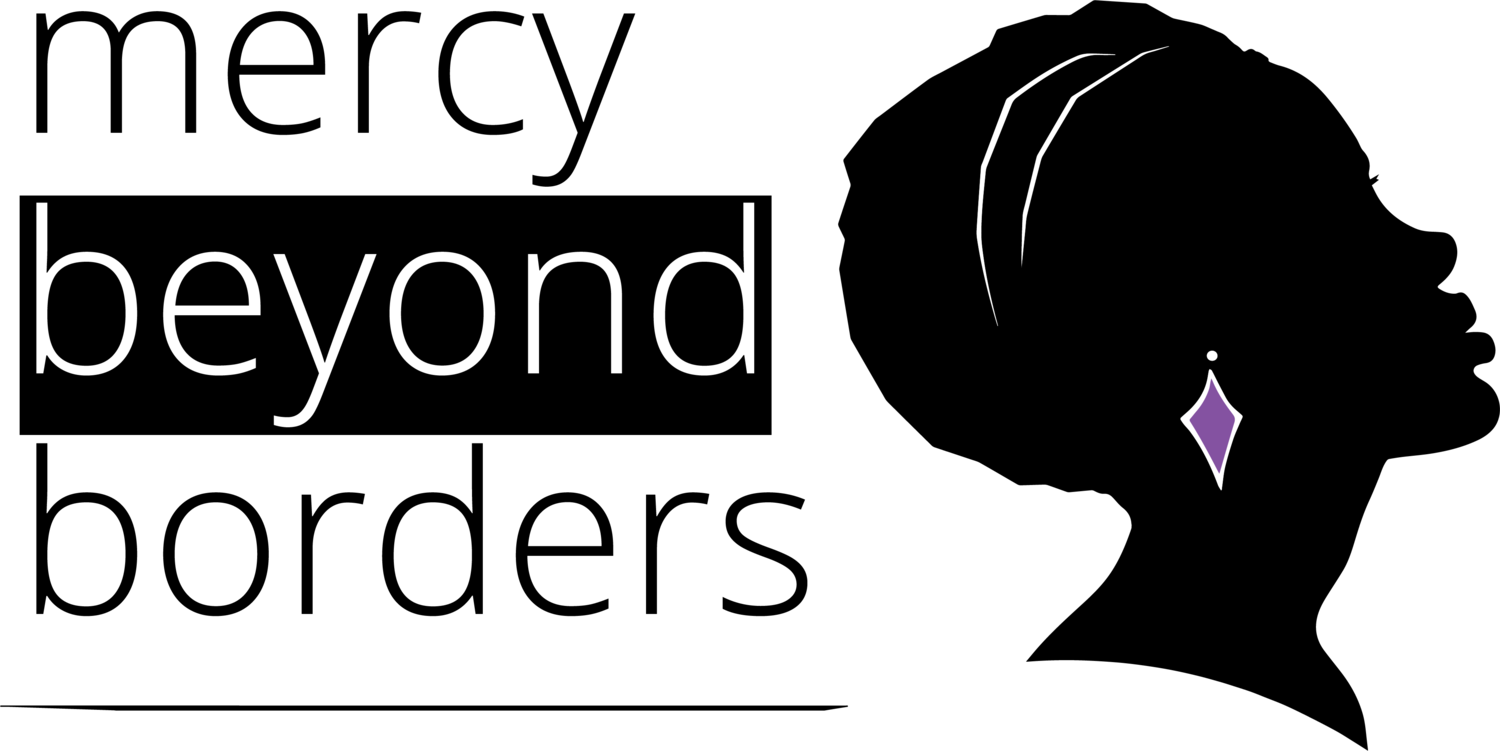Vodou
The mere mention of my name conjures up images of black magic, dolls and pins, darkness and death. Your perceptions of me have been shaped by the exploitation of my cultural practice – indeed – my status as a national religion in Haiti – and further distorted by Hollywood films and poorly researched books about what I am and how I am used by my followers. I am vodou (or voodoo, as foreigners erroneously refer to me). I am not as sinister as you may have been led to believe.
It’s not your fault that you have historically misunderstood me. Like so many elements of Haitian culture, I have been twisted to serve a false narrative – to keep my island nation one of fear and mystery. While not everyone believes in my powers and my purpose, I can assure you that the very mention of my name stirs emotion.
Don’t be fooled. That which you might know as voodoo in New Orleans, in tourist traps on Bourbon Street or in television productions is not who I am.
Who and what I am is practiced around the world and within Haiti. Those who control the forces of vodou call themselves hougan (male) and mambo (female). We have the ability to call upon the ancestors, the spirits (lwa) to assist us with earthly needs.
As with everything in this world, I may be leveraged for good or for evil. Though, isn’t that always in the eye of the beholder?
The temples where I am practiced are often small and simple buildings marked with images of Jesus, Mary, and Joseph. Inside those temples, a peristil, or altar – usually the center post and structural support of the building – is adorned with offerings to the lwa.
To find vodou temples, look for flags atop tall bamboo poles in the yards of certain ordinary-looking homes. Such flags are not holiday decor. They signal the residence of a voudon priest or priestess. The flag’s color reveals what kind of vodou the owner practices. Does he or she specialize in cures? or blessings? or curses?
People say Haiti is 90% Catholic and 100% vodoun. That rings true to me.
Haitians walk into vodou temples for consultations every day. I hear them talking, shouting, praying, singing. They walk out with buoyant steps or furrowed brows, depending upon what transpired. They carry candles or spices or carvings or powders as they leave. What will happen next in each family? Who is now consoled? Who is now afraid? Who expects something? Who will win the lottery? Who needs healing? Who is now resigned to illness or death or some other form of trouble?
Understand, dear reader, the vast power vodou wields over the well-being of our people. My flags beckon passersby to engage with the unseen spirits that control our lives. Do not ignore me. Do not dismiss me.
Is this your day of reckoning?


